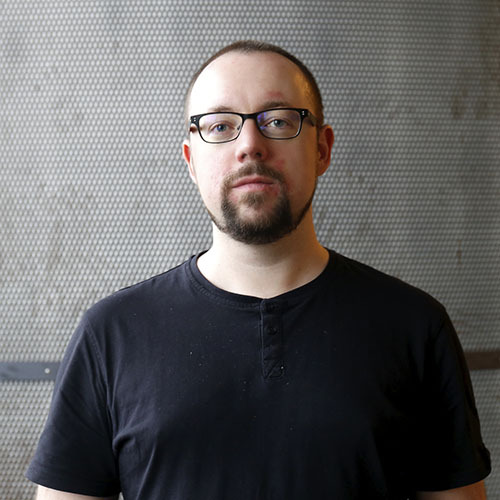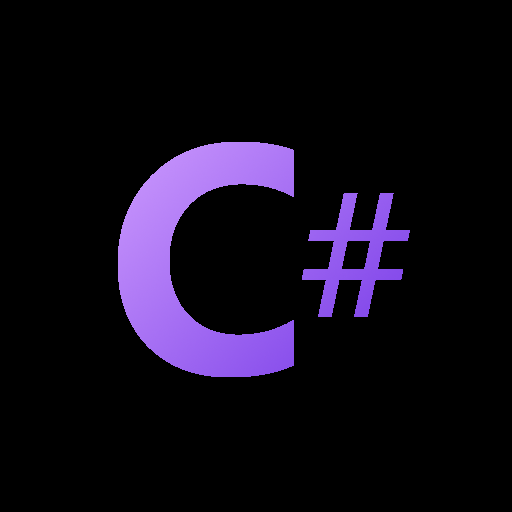No problem 🙂
Interestingly enough, these days I have been thinking about resuming my experiments within game development. It’s not a field I am super experienced in, but just for the sake of knowledge sharing…
I started a small project in MonoGame with C#. It is a low~ish level framework, just as I wanted, because I wanted to avoid learning a full-blown engine (such as Godot, which I tried before going with MonoGame). Not that I am recommending this particular track for your situation, though, but based on what I am doing in MonoGame, I think it could be a good way for you (if you chose this track) to be pragmatic (making something) while still forcing you to learn programming. The framework still takes care of some things such as the game loop.
I also created an account in Exercism, one of the communities I mentioned before, because I wanted to mentor someone and they offered this posibility. Whereas I didn’t find exactly what I was looking for, I found the website to be quite pleasant to use, so I am slightly more inclined towards recommending that you consider using it 🙂







I use Njalla, founded by one of the guys behind The Pirate Bay. Maybe it’s a bit unconventional of an option, but it works nicely. I don’t think you can get more focus on privacy anywhere :)